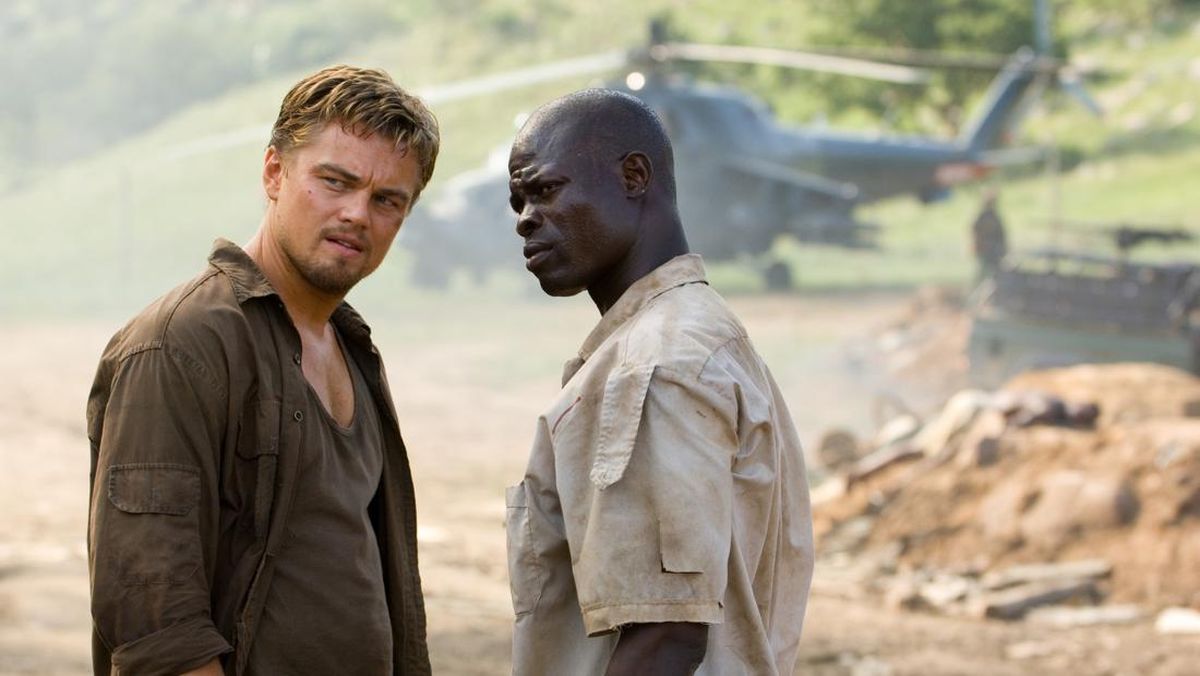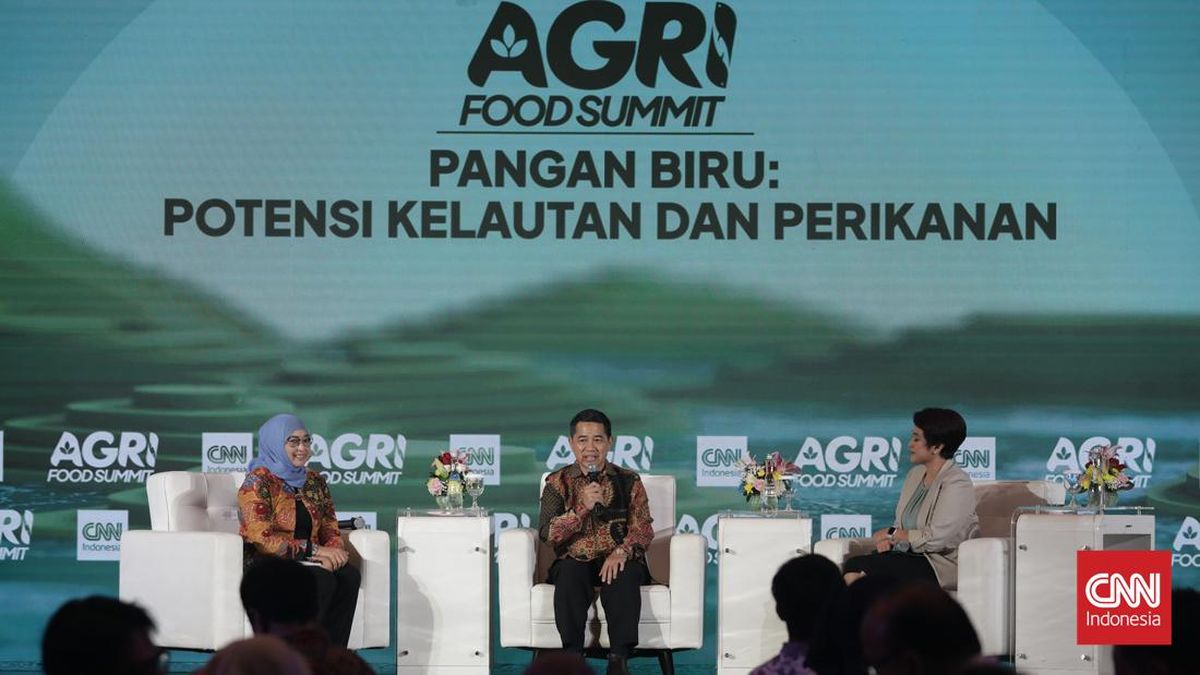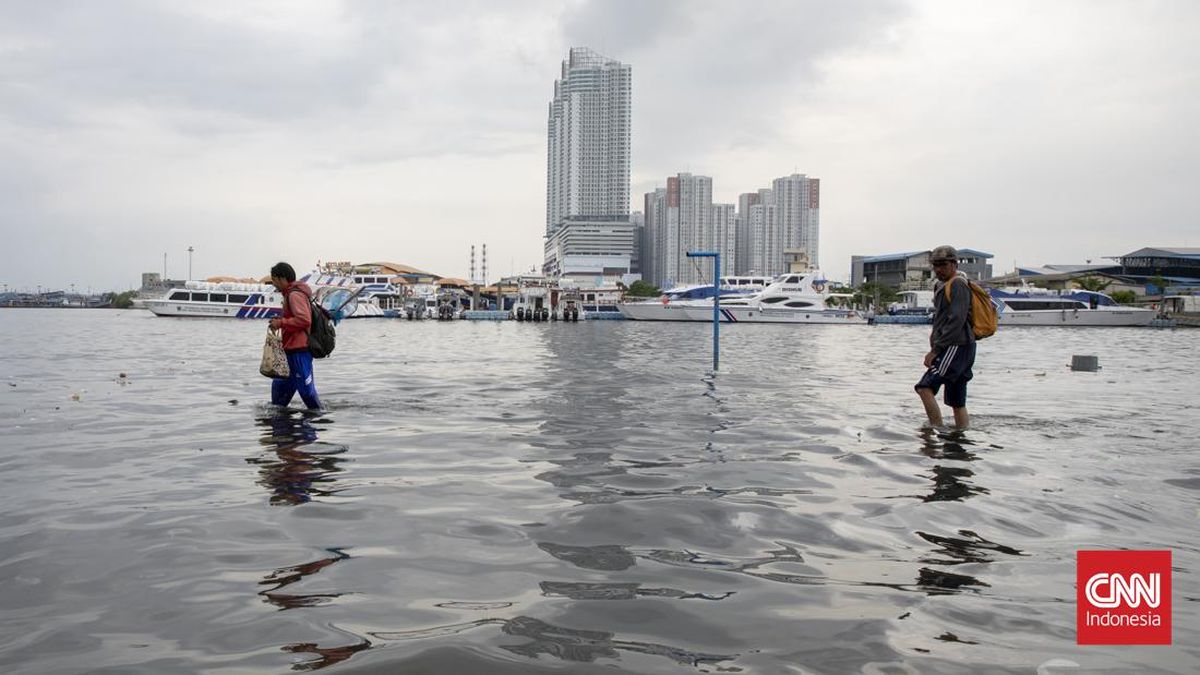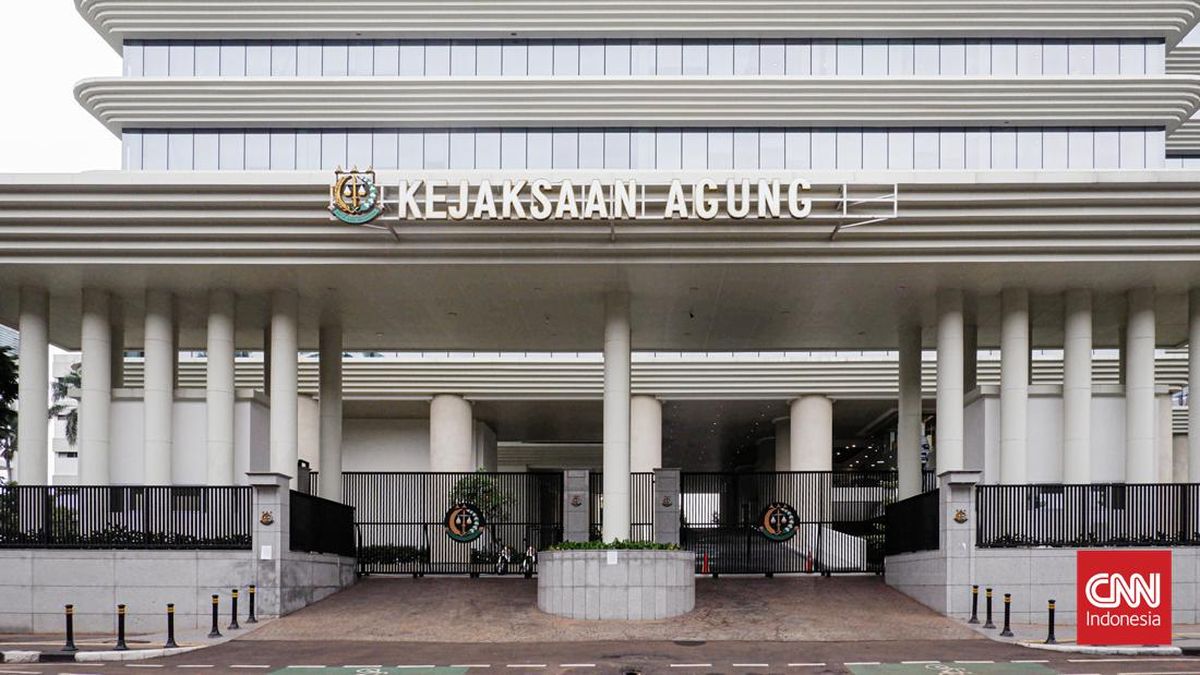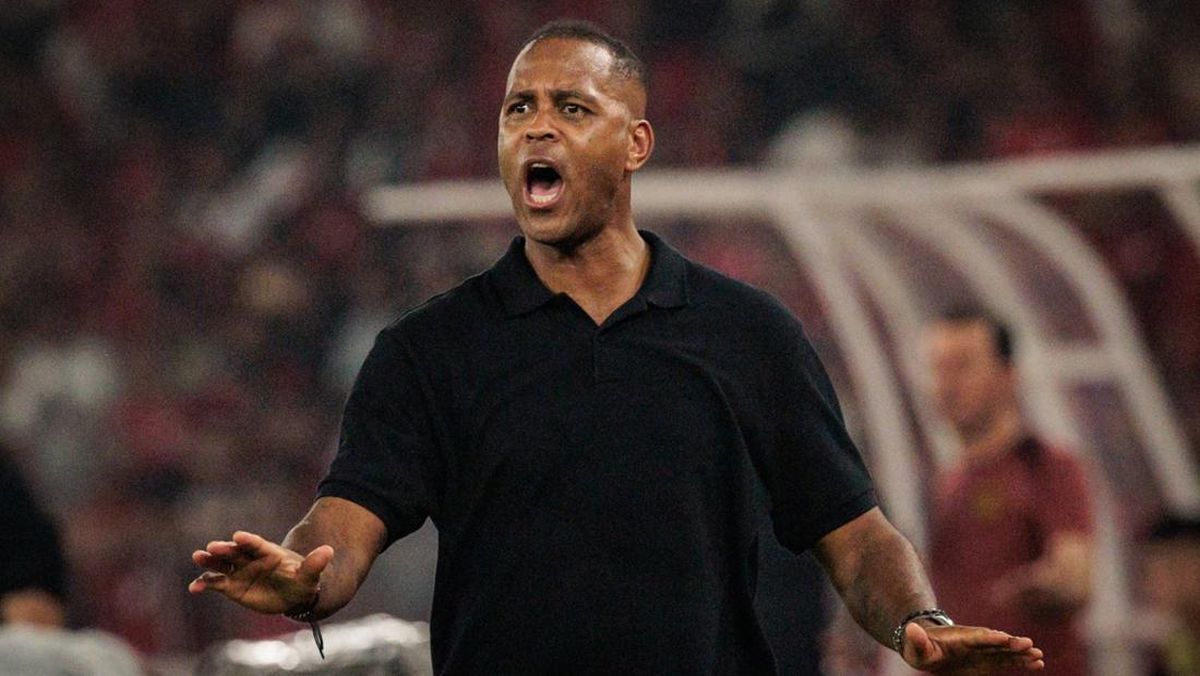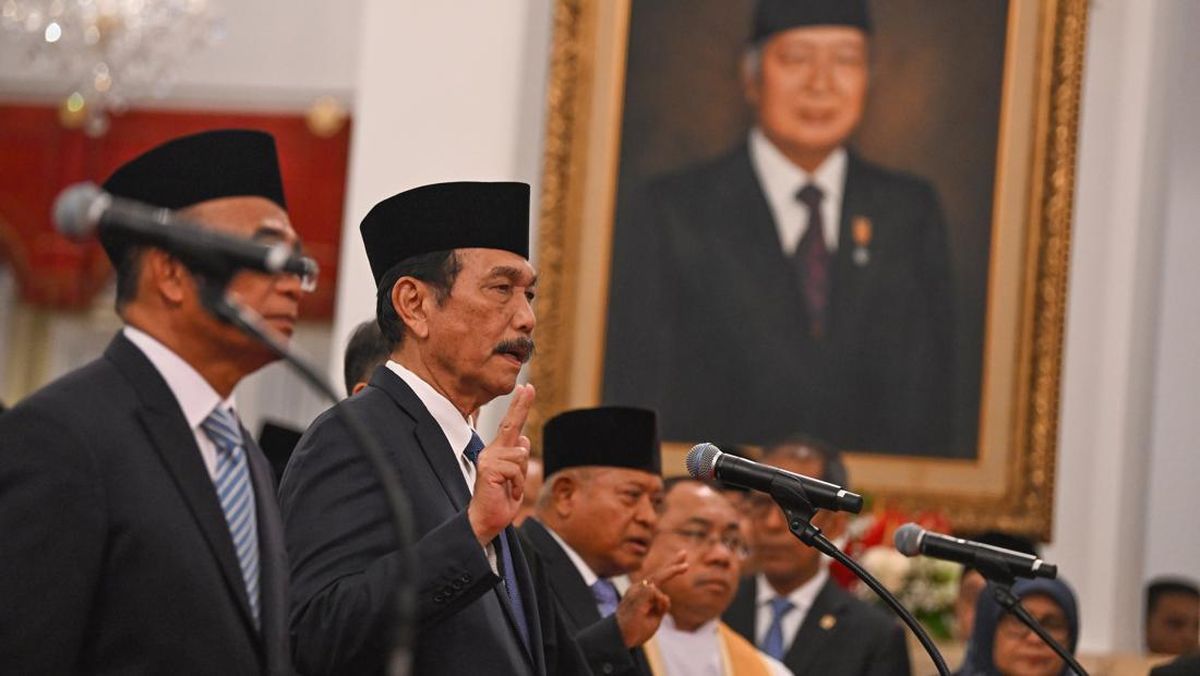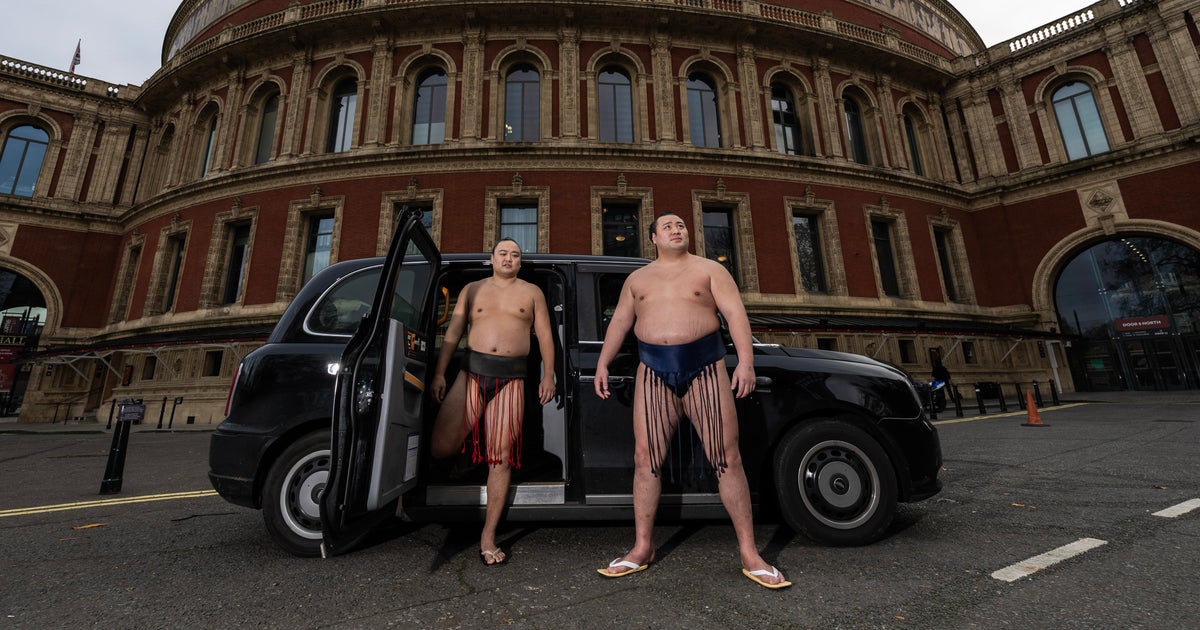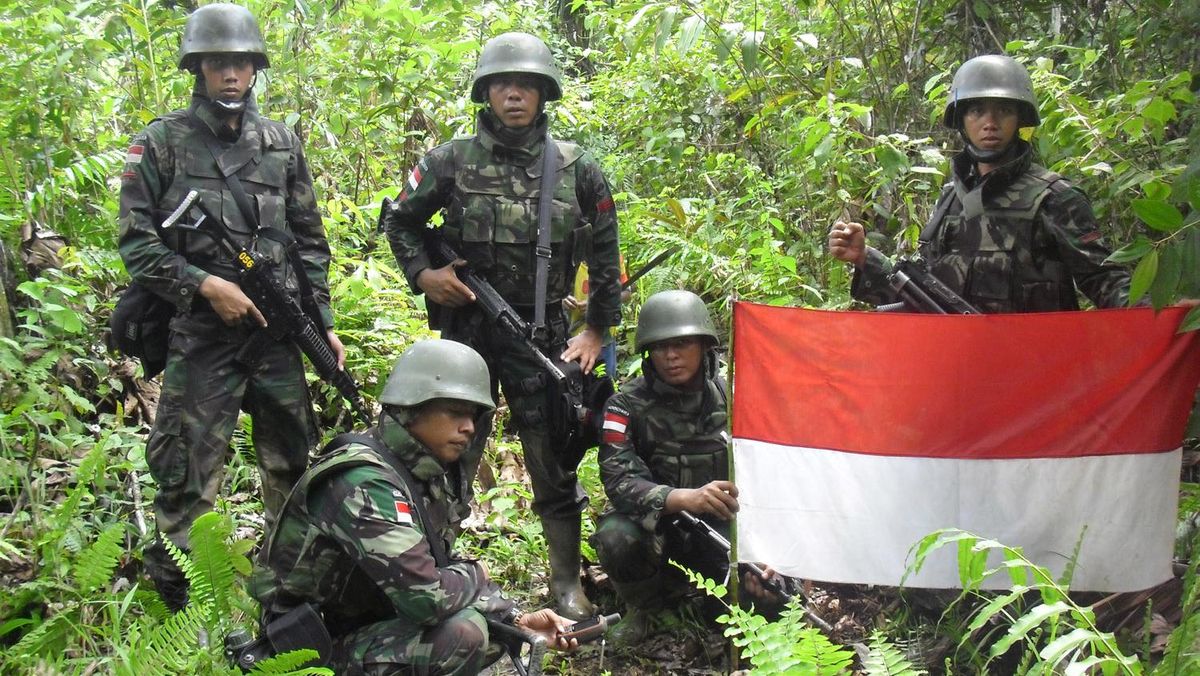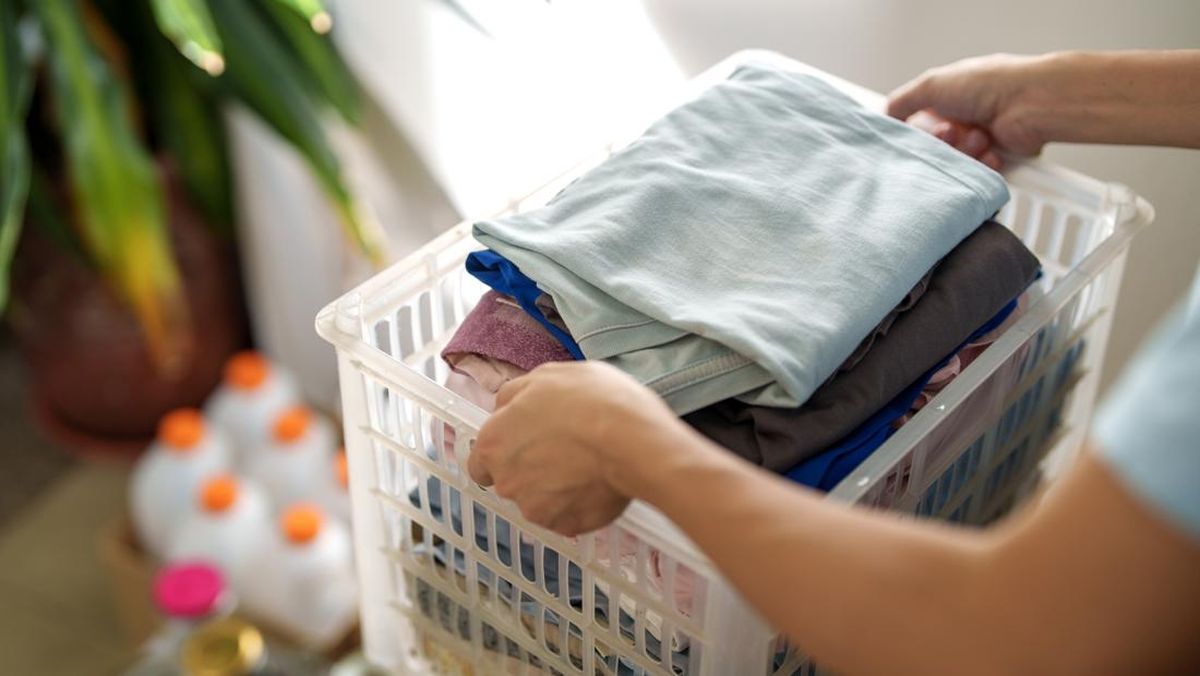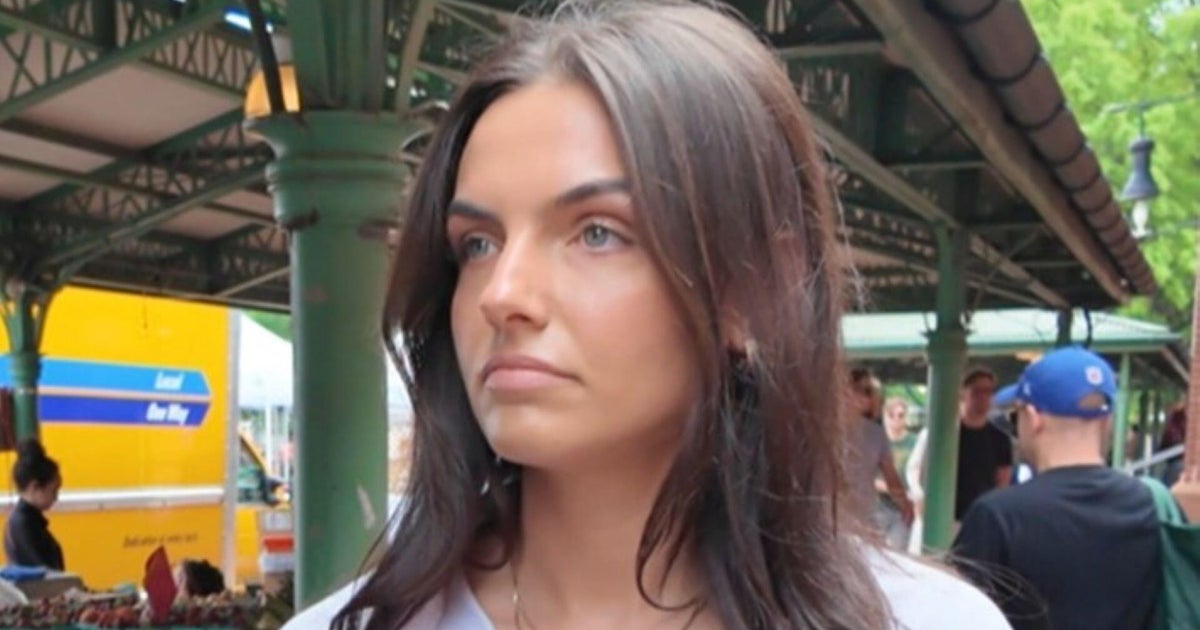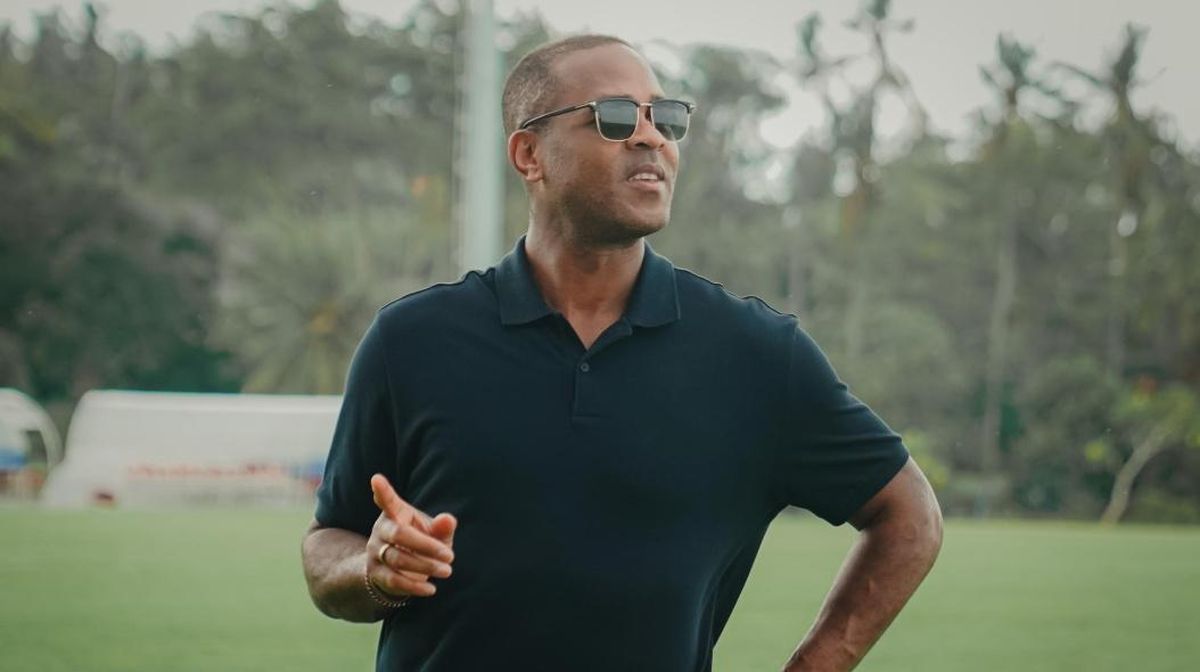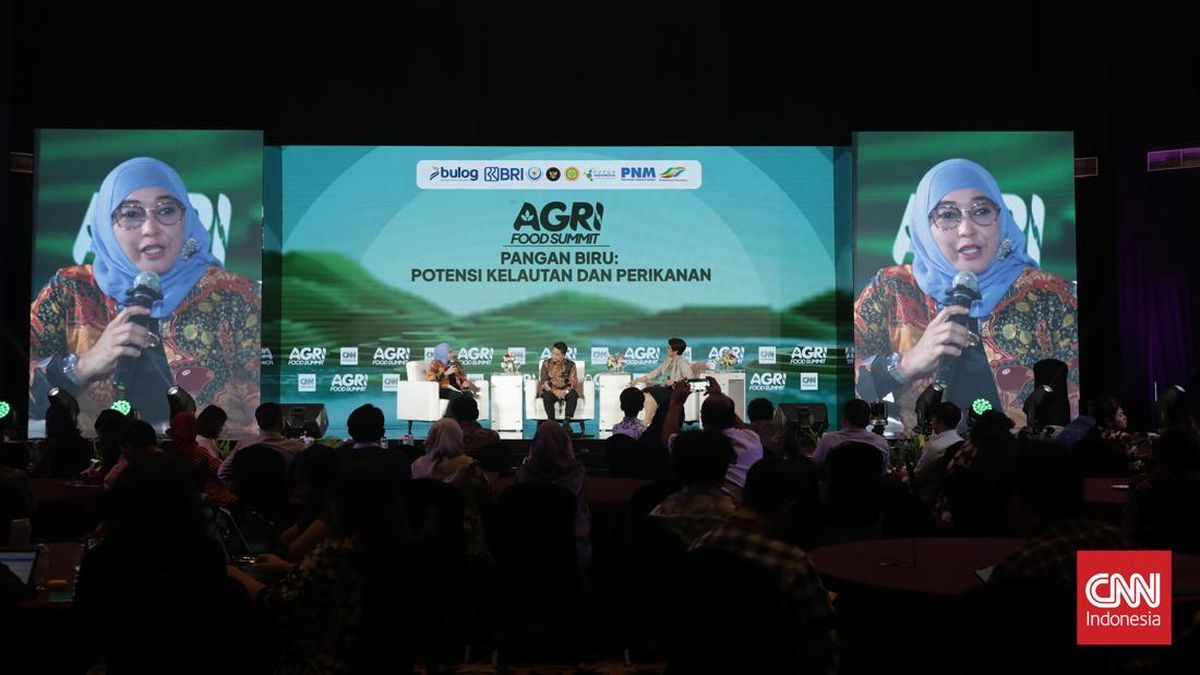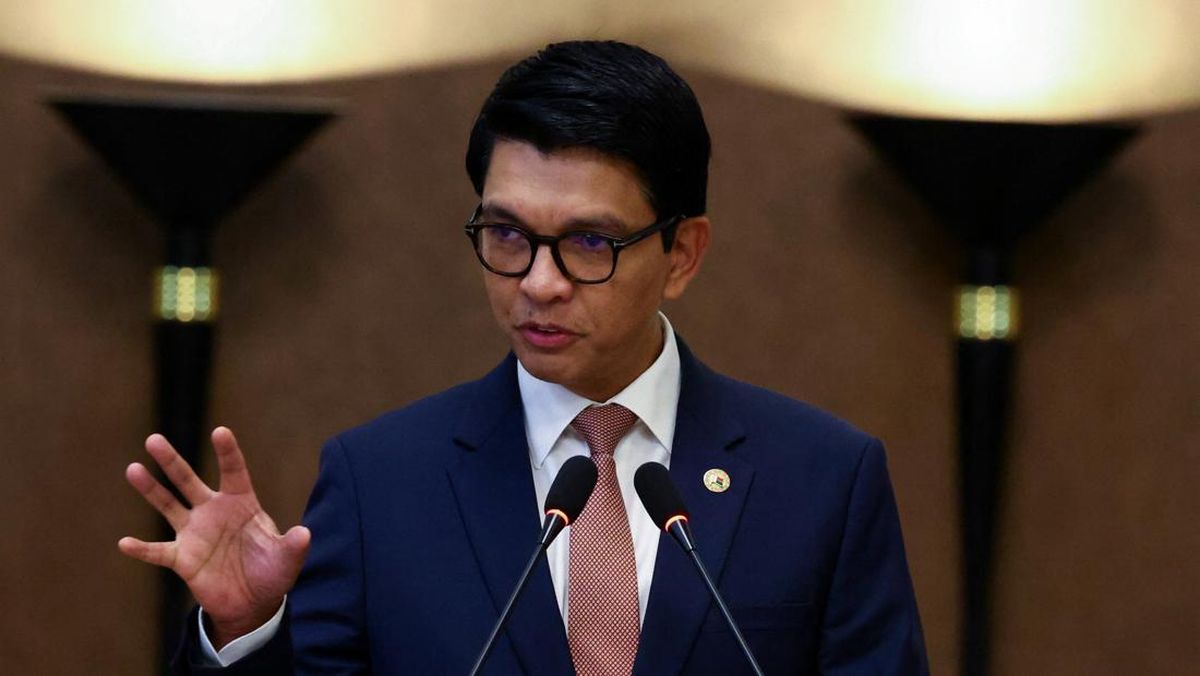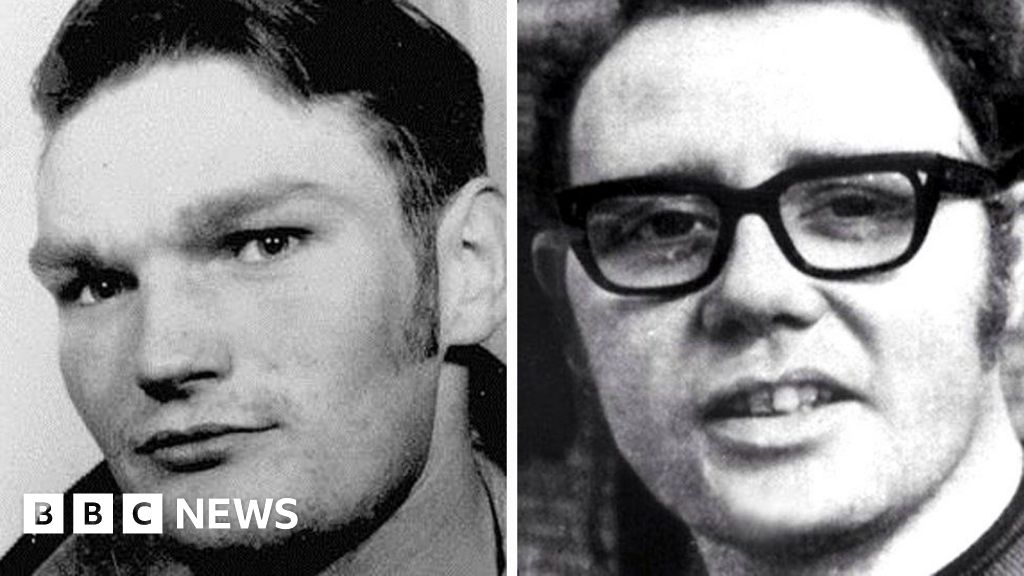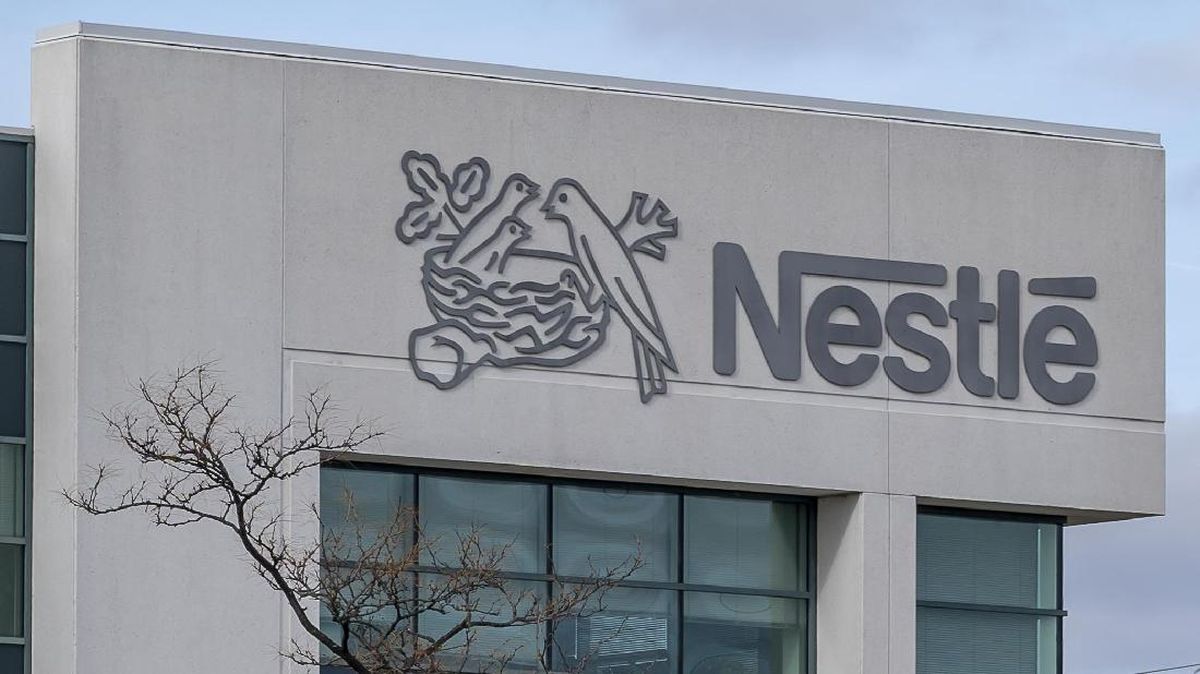Home Affairs Minister Tony Burke has refused to put a number on the government’s ideal immigration intake for Australia, saying the more important thing was to balance housing supply with the needs of the country’s workforce and economy as the Coalition ratchets up political debate about overseas arrivals.
Burke acknowledged the Australian community was “deeply feeling the housing shortage” but lashed the opposition for taking a fact-free approach to public debate, with its calls to cut overall immigration numbers without saying where in the visa system they should come from.

Tony Burke gave his first National Press Club address since he became Home Affairs minister last year on Thursday.Credit: Alex Ellinghausen
“I am very conscious that an argument about immigration can be had in a civil way,” Burke told the National Press Club in an address about his approach to the home affairs portfolio on Thursday. “But to have the argument about total numbers, without saying where you want to cut, is spin without any substance at all.
“The simple question of ‘where’ is something my political opponents haven’t wanted to deal with. But there’s no pathway to being an alternative party of government unless you have that conversation.”
The opposition has piled pressure on the Albanese government over the record number of migrants who have come to Australia since the pandemic – net arrivals have repeatedly exceeded Treasury forecasts and remain above pre-pandemic levels, although they have started to moderate – and recent surveys show it is a concern for voters.
Burke, when asked for his view on the appropriate level of net overseas migration (NOM) on Thursday, said it was difficult to say because the NOM figure involved levers the government did not control – such as Australian citizens’ movements – as well as those it did, such as student visa settings.
“The principle you start with is not a magic number. The principle you need to start with is making sure that our immigration system is tailored to the needs of the nation,” Burke said.
“There will be a few moving parts with that. Housing is an important one – labour shortages and skills is an important one. We need to make sure, in tailoring it to the needs of the nation, we create a situation where we don’t put too much pressure on our infrastructure and housing, but we also want to make sure we don’t inadvertently cause other parts of the economy to effectively collapse.”
Burke said the need for specialised skilled workers under the AUKUS agreement would put further upward pressure on immigration to Australia, while pointing to the government’s efforts to push universities to build more student housing as an example of how it was ensuring housing supply followed new arrivals to the country.
“If the opposition want to say they need to get net overseas migration down faster than the 40 per cent drop the government has already done, there needs to be a discussion, not simply about what is the total, [but] what’s the visa class?” he said.
Loading
“[We’ve given] 21,000 visas for healthcare workers, 4300 visas for teachers, 15,524 for construction – we have tripled the number of visas we’re giving for construction. If these are the areas where people want to cut, then they need to explain which hospitals they’re going to say don’t have to fill every shift.”
Abul Rizvi, a former immigration deputy secretary, said Burke was right to say net migration was hard to manage. “But that is not an excuse for not having a long-term target, or target range, for net migration. Without that, the government and everyone else is just flying blind,” he said.
“It would be like not having a target range for inflation because inflation is hard to manage.”
Liberal senator Jonno Duniam, who became the opposition home affairs spokesman this week, said he’d heard Burke’s challenge to the Coalition. “When Tony Burke starts with ‘they’ve got to talk about the where’, I think he’s got to talk about the ‘why’,” he said.
“There is no clarity around their decision-making process. That’s where we want to start.”
Thursday marked Burke’s first major address since becoming home affairs minister last year, when he took on responsibility for politically sensitive issues such as visa cancellations, the NZYQ cohort of released immigration detainees, a $2.5 billion deal with Nauru, and the return of wives and children of Islamic State fighters.
Labor expanded the home affairs portfolio after the election to once again include Australia’s national security agencies. Explaining the merger, Burke conceded that he did not want to get to a point “where we are constantly securitising all of the language about immigration and multiculturalism”.
“It’s not good for social cohesion and it’s not what we do ... But it is also the case that there is a crossover, often in visa cancellation.”
Loading
Burke said he had stepped up cancellations of visas for domestic violence perpetrators as well as people who sought to sow discord in Australia, pointing to the recent decision to block US provocateur Candace Owens from the country.
“When someone applies for a visa, they’re asked to be a guest in your country. If their purpose for coming is to start an argument, we don’t have to say yes,” he said.
He also defended the government’s approach to giving visas to Palestinians fleeing Gaza, and revealed there were 600 to 700 people still overseas in the current caseload.
“There’s never been, that I’m aware of, a group that has been so heavily scrutinised,” he said. “I’m disappointed that some of the debate is seeing us put a standard on the most heavily scrutinised people [that] we don’t put on people from any other part of the world.”
Most Viewed in Politics
Loading

